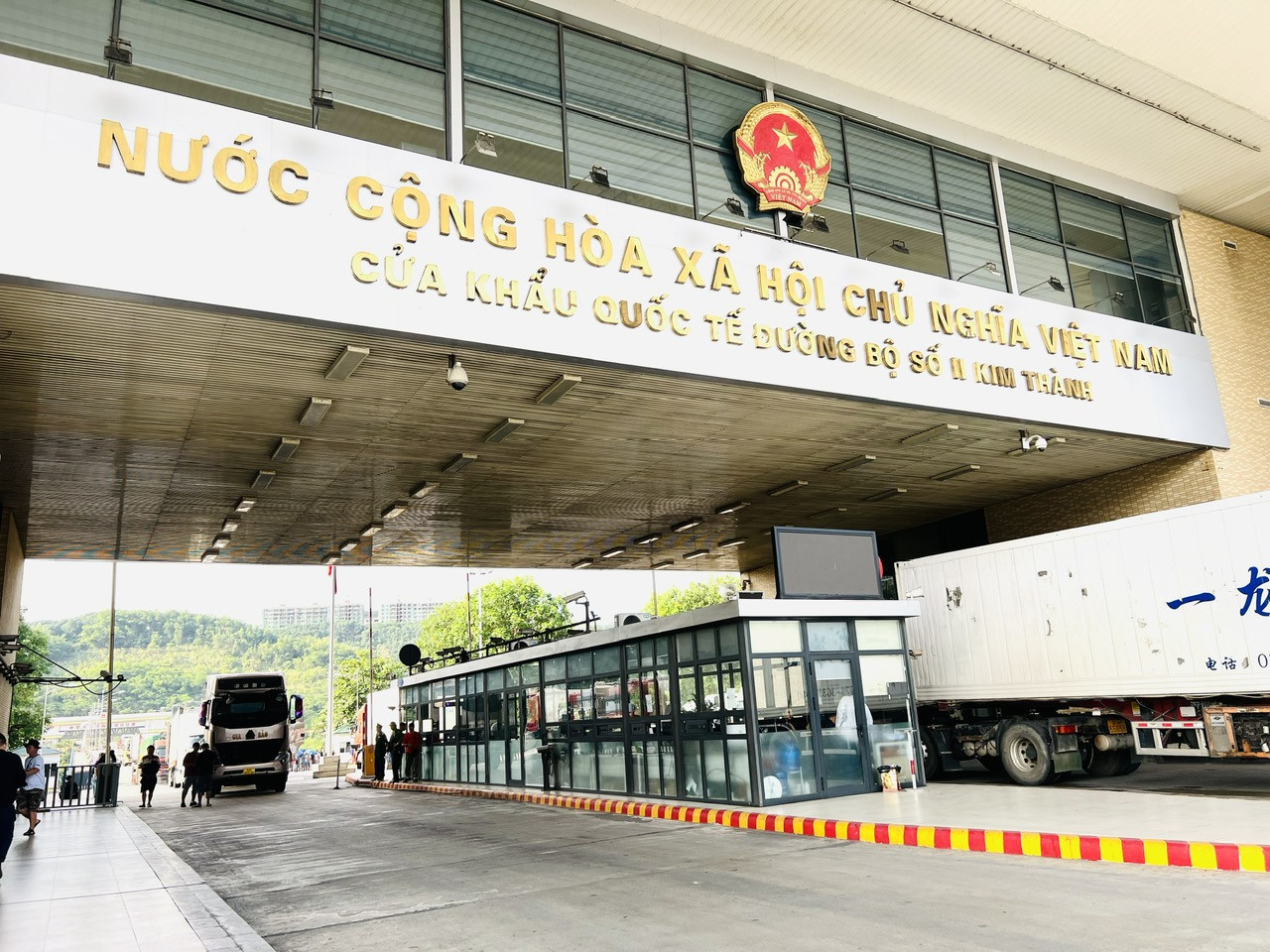
VN cooperatives, businesses
“We are a business that collects cinnamon to export to India. Some Chinese institutions and businesses came to seek information about us, but to date, we still have not had any official partner. I hope you can help us connect with partners to export cinnamon to the Chinese market,” said Nguyen Thi Ta, a representive of a business in Bat Xat Town, at a recent seminar on the Chinese market.
The representative of a cooperative in Phu Tho province, which cooperates with farmers to grow bananas on 100 hectares of land in Bao Yen district of Lao Cai province, said: “Previously, we exported bananas to China though unofficial channel, across border gates. Because of Covid-19, we had to sell bananas at supermarkets and wholesale markets. We have growing area codes. We wish to partner with other units to export bananas to China and the Middle East."
Exporting farm produce to China, with more than 1 billion consumers, is what many Vietnamese cooperatives and businesses want.
Nguyen Quang Vinh, deputy director of the Lao Cai Department of Agriculture and Rural Development, said many agricultural products, especially vegetables and fruits, are exported to China across the border gates in Lao Cai.
Since 2021, China has raised its requirements on import quality. Vietnam’s farm produce, in order to be exported to the market, must have growing area codes, sufficient data about varieties, cultivation process and distribution.
“This is difficult work for the majority of cooperatives, farming households and businesses. That is why many Vietnam’s products still cannot officially enter the Japanese market,” Vinh said.
Regarding the growing area and packaging code granting and management, Cao Thi Hoa Binh, head of the Lao Cai Sub-department of Crop Cultivation and Protection, reported that to date, 13 growing areas and 7 packaging units have been granted codes.
Binh said code granting and management is difficult work. Goods owners lack information and lack awareness about code granting. State management agencies find it difficult to manage growing area codes because they cannot arrange money for this work and equipment that serve regular supervision and inspection. Digital technology still cannot be applied to growing areas.
Meanwhile, many localities, institutions and individuals only focus on expanding growing areas and packaging facilities, and don’t think they have to satisfy requirements set by importing countries.
Some Lao Cai major products such as pineapple and medicinal herbs, which have great advantages for export, are not listed in Order 248 on the "Regulations on management of registration of foreign food production enterprises" and Order 249 on "Measures to manage import and export food safety" which took effect on January 1, 2022 released by GACC (General Administration of Customs of China).
Some localities have asked to grant growing area codes to cinnamon, but this cannot be implemented because of the lack of guidance from the Ministry of Agriculture and Rural Development (MARD).
In principle, state management agencies take the responsibility of updating farmers with information about export standards. But the work has not been done well because of the lack of officers and updated information.
One of the conditions Vietnamese exporters must have to be eligible to export farm produce to China is a code, publicized on GACC’s CIFER (https://cifer.singlewindow.cn), the electronic information system.
After 30 months of implementing Orders 248 and 249, more than 3,000 Vietnamese products have registered for export.
According to Phan Thi Men, CEO of SUTECH Science and Technology Consultant, Vietnam’s businesses may face different problems when registering to export products to China.
The first step when making registrations on CIFER is opening an export account. Some businesses did not realize that they had mistakenly printed the names of companies until goods arrived in the destination. As a result, the consignment of exports was refused.
Binh Minh